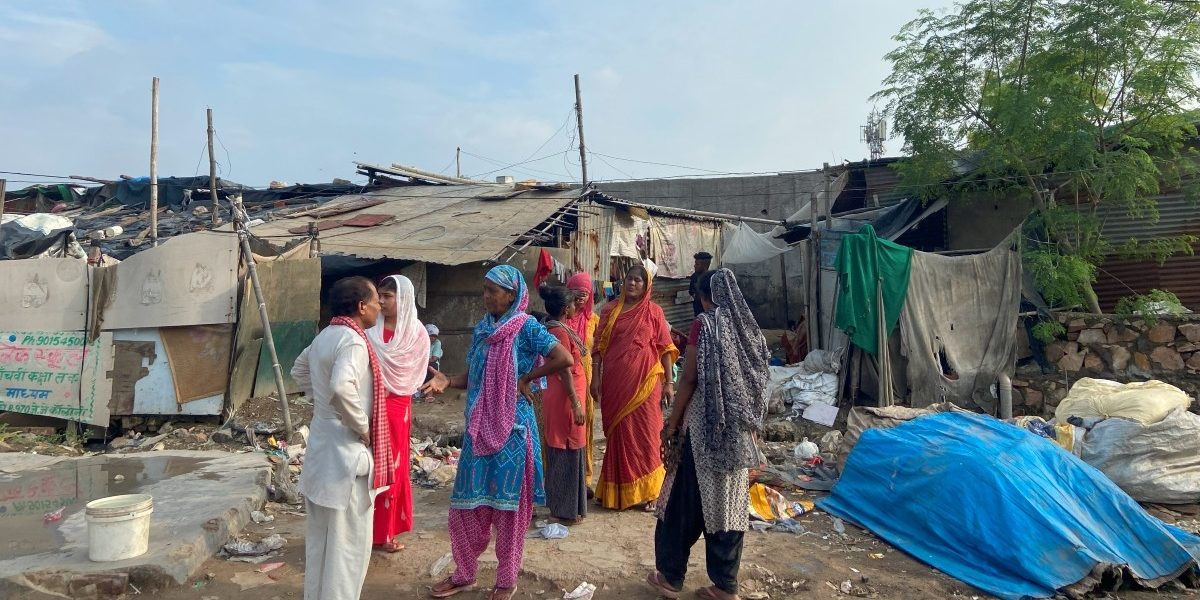
Mass evictions of people living in slums across cities, using force, allegations of harbouring ‘illegal migrants’ have acquired phenomenal pace in the past few months. Calling out certain demographics, like Muslims and those who speak in Bengali, as non-citizens and housing them in ‘holding centres’ has made the exercise acquire a menacing character. The Wire reports on people vital to building city infrastructure, living on the margins, now suddenly finding their citizenship challenged.
New Delhi: “When you go to the temple, you must offer prasad,” says 54-year-old Sajan, a resident of J.J. Colony in Bawana, Delhi. But he isn’t speaking about religious devotion; for him, ‘offering prasad at the temple’ is a euphemism for being beaten and humiliated by the police.
The authorities are currently enforcing a crackdown against migrant families in and around Delhi on the suspicion that they are undocumented ‘Bangladeshi’ immigrants. Under this crackdown, low-income Bengali-speaking Muslim families of those like Sajan, who say they migrated to Delhi from West Bengal, Bihar and Jharkhand decades ago in search of work, are living under a cloud of fear.
A number of Muslim residents in Bawana’s J.J. Colony said the police harassed them and suspected they were undocumented immigrants from Bangladesh because they speak Bengali. This is despite the fact that they possess documents such as Aadhaar and PAN cards, voter ID, decades-old land titles and even Indian passports.
This crackdown isn’t merely a matter of document verification, they said, but a fight for their very existence.
They are being repeatedly summoned to the police station and subjected to harassment, families here allege.
In a small house in J.J. Colony’s E block, 28-year-old Shabnam and her family live in constant fear of the police. She says they are from Haripur village, in what is today Godda district in Jharkhand, and moved to Delhi decades ago, with J.J. Colony being their home for over 15 years.
Shabnam’s father is a daily wage labourer who also drives a rented rickshaw to make ends meet, while her mother is a domestic worker. She and her siblings were educated in Delhi and possess official documents to prove it, Shabnam says.
On the morning of July 5, Delhi police officers arrived at their home for a ‘verification’. They told Shabnam’s father to come to the station for an inquiry, assuring him he could ‘just sign the papers and go home immediately after’.
This story was originally published in thewire.in. Read the full story here.

